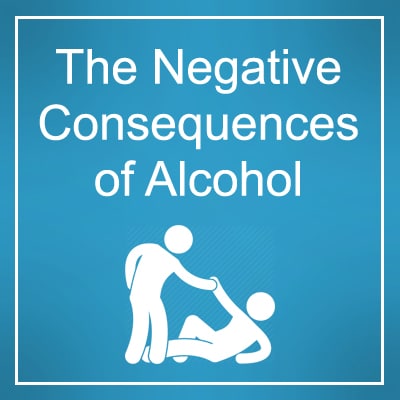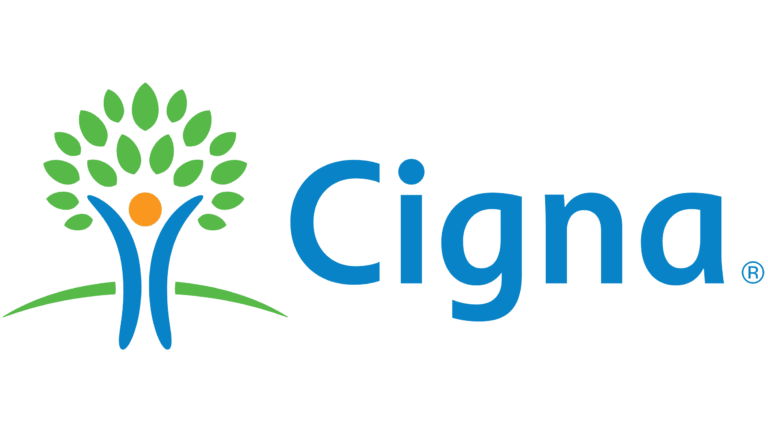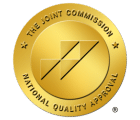In many ways, alcohol is a social experience and a ubiquitous part of adult life for a majority of Americans. Nearly 90% of Americans try alcohol at least once in life, and roughly 50% have imbibed at least once in the last month. Entertainment and social life, especially for young people, is depicted as highly alcohol-centric – college students are almost expected to participate in underage drinking, while 20-something culture is centered around pricey cocktails after a long day at work. Bars and restaurants even aim to exceed 30% of revenues in beverage sales. The best part? After age 21, there are no restrictions on alcohol purchase and consumption.
Despite its legality, however, alcohol and its presence in the United States is anything but harmless. Over 15 million Americans have an alcohol use disorder, and far more binge drink; one in six adults binge drinks at least four times a month, and 90% of those who drink excessively report binge drinking in the last 30 days. And yet, this behavior is quite normalized, making it harder to pinpoint than someone who uses, say, heroin or meth.
To those who drink a lot, this may not seem like so much of an issue. But alcohol is a drug, and it’s among the most dangerous.
Why Alcohol Is Addictive?
Alcohol comes in a lot of shapes and sizes, from the malty, hoppy flavor of beer to the sharp, burning taste of whiskey, but they all carry roughly the same risks. Alcohol is addictive, and it starts with the very first drink.
Alcohol is a depressant substance that slows the central nervous system. However, with minimal consumption, it actually behaves similarly to a stimulant, creating an upbeat attitude and a relaxed, excitable demeanor. Like many other drugs, alcohol triggers the release of endorphins, creating positive feelings and pleasurable sensations that are often the reason users enjoy drunkenness.

These feelings are fun and exciting, but too much alcohol can lead to changes in the brain, causing physical dependence. And, due to the unpleasant nature of withdrawal and the dangers involved in going cold turkey, alcohol abuse poses many problems.
The Negative Consequences of Alcohol
Alcohol may be all fun and games when drinking with friends, but prolonged problem drinking comes with many negative consequences – and it’s not always easy to recover. The challenges that accompany long-lasting alcohol use and abuse can be critically dangerous.
- Alcohol-related liver disease can result in three different conditions and is responsible for nearly half of cirrhosis-related deaths in the U.S.
- Alcohol-related causes contribute to an estimated 88,000 deaths per year in the U.S. and 5.9% of all global deaths
- Alcohol misuse costs the U.S. healthcare system $249m annually
- Fetal alcohol syndrome (FAS) is present in roughly two to seven births in 1,000

Drinking leads to increased liver disease, one in three liver transplants in the U.S., and the heightened prevalence of mouth, esophageal, larynx, liver, and breast cancers
If you or someone you love is facing an addiction to alcohol, the right support can be critically important. Please contact Palm Beach Recovery Center at 561-567-8252 to learn more about alcohol detox and how we can help support a healthy approach to sobriety.









